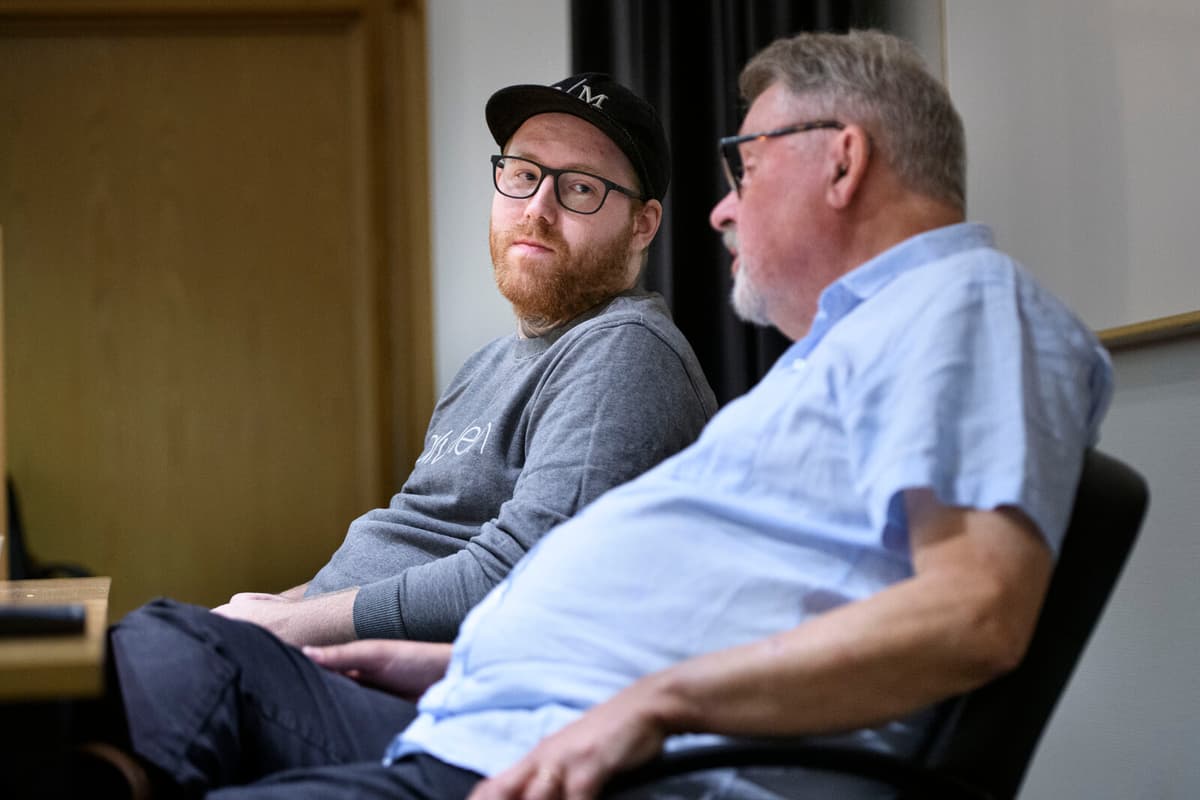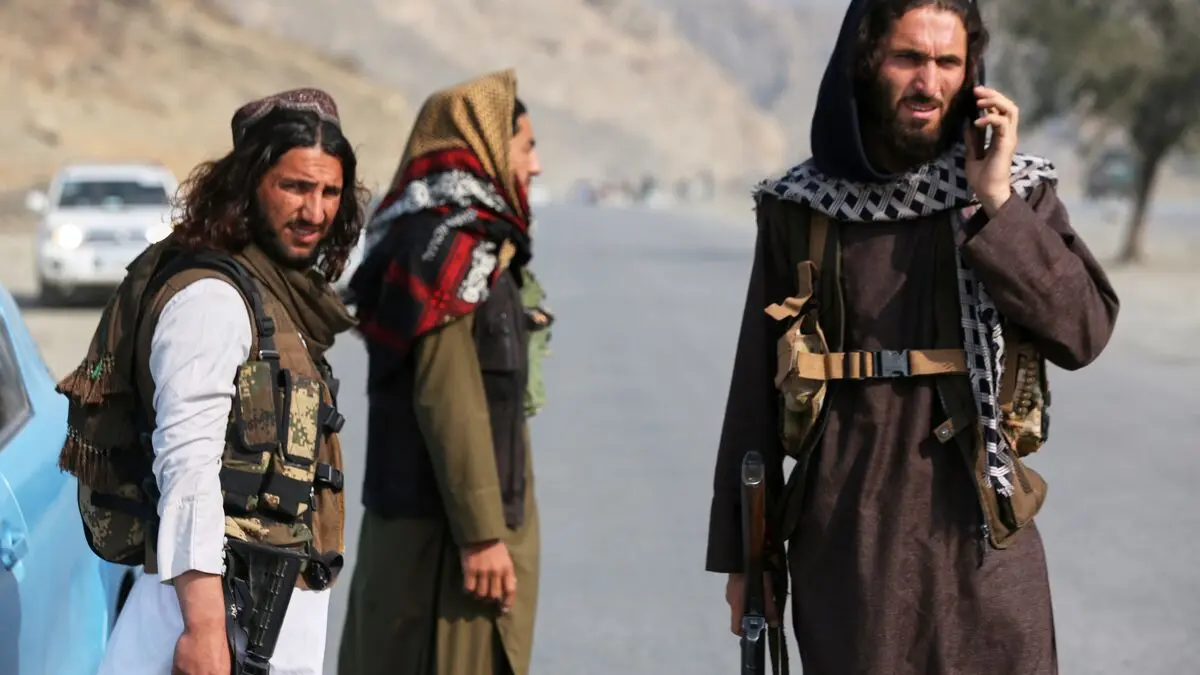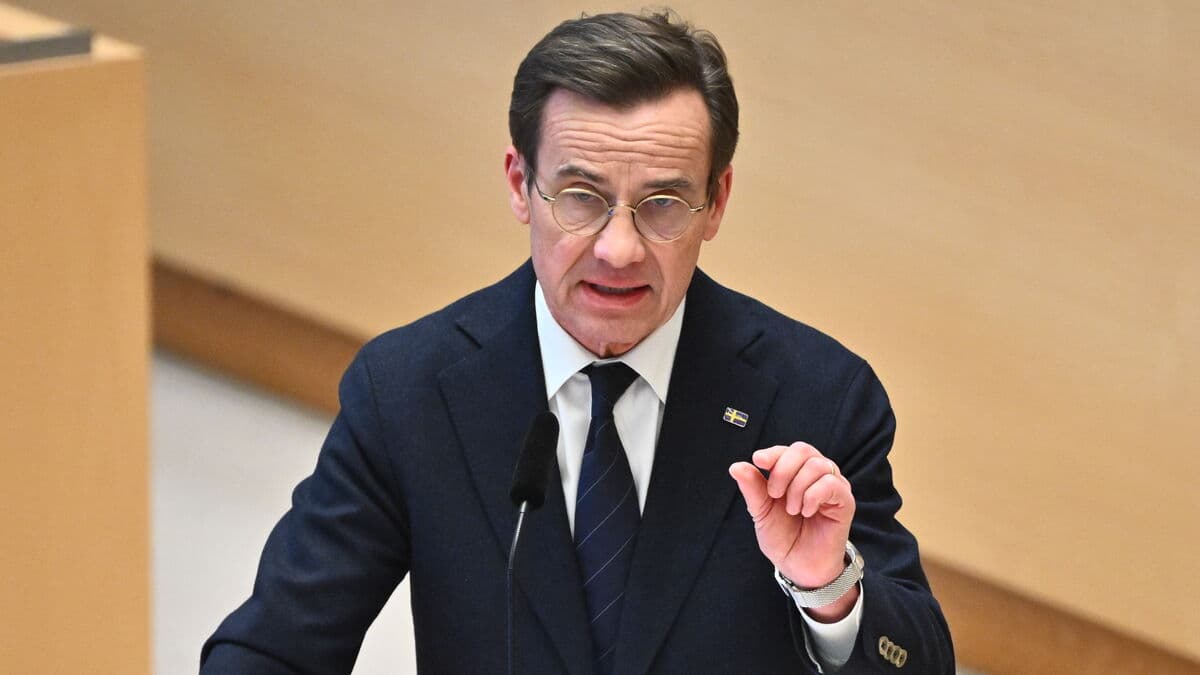The municipality and Dahlén met last week to discuss a settlement. Before everything is completely clear, the agreement must be approved by Arvika's municipal council. Värmlands Folkblad reports that an extraordinary municipal council meeting will be held on Monday.
I think the agreement will be approved, says Stefan Liliebäck to VF.
Not until the agreement is approved will Dahlén and Liliebäck reveal the details of the agreement.
In the summer of 2022, Dahlén sued the municipality for three million kronor in damages for how he and his brother were treated in connection with the investigation. However, last autumn, Dahlén reduced the claim to one million kronor.
It's not the money that Robin is after. He has said throughout the entire procedure that what he wants most is an apology and for someone from the municipality to take responsibility, said lawyer Stefan Liliebäck to P4 Värmland then.
The four-year-old boy Kevin was found dead on a beach in Arvika in 1998. Brothers Robin Dahlén and Christian Karlsson, who were then five and seven years old, were suspected of having killed him.
The police believed that the brothers had confessed, and the case was closed. The two boys were considered guilty.
The suspicions were never tried in court. However, it could have been done in a so-called evidence trial. Such a trial can be initiated by a prosecutor if someone under 15 years old is suspected of a serious crime. But it only happens if the suspect's guardian, social services, or the National Board of Health and Welfare make a request to the prosecutor.
Nearly 20 years after Kevin's death, the investigation was reopened, with a new prosecutor, following reviews by SVT and Dagens Nyheter.
Chief Prosecutor Niclas Wargren then dismissed the first police investigation. The evidence did not hold up. Kevin's death may have been an accident. Wargren was very critical of the many and lengthy interrogations of the two small brothers.
In March 2022, the government gave each of the accused brothers one million kronor in compensation for the state's wrongdoing. The compensation was given ex gratia ("out of mercy"). It is an unusual decision, which can be made without there being any formal right to compensation.






